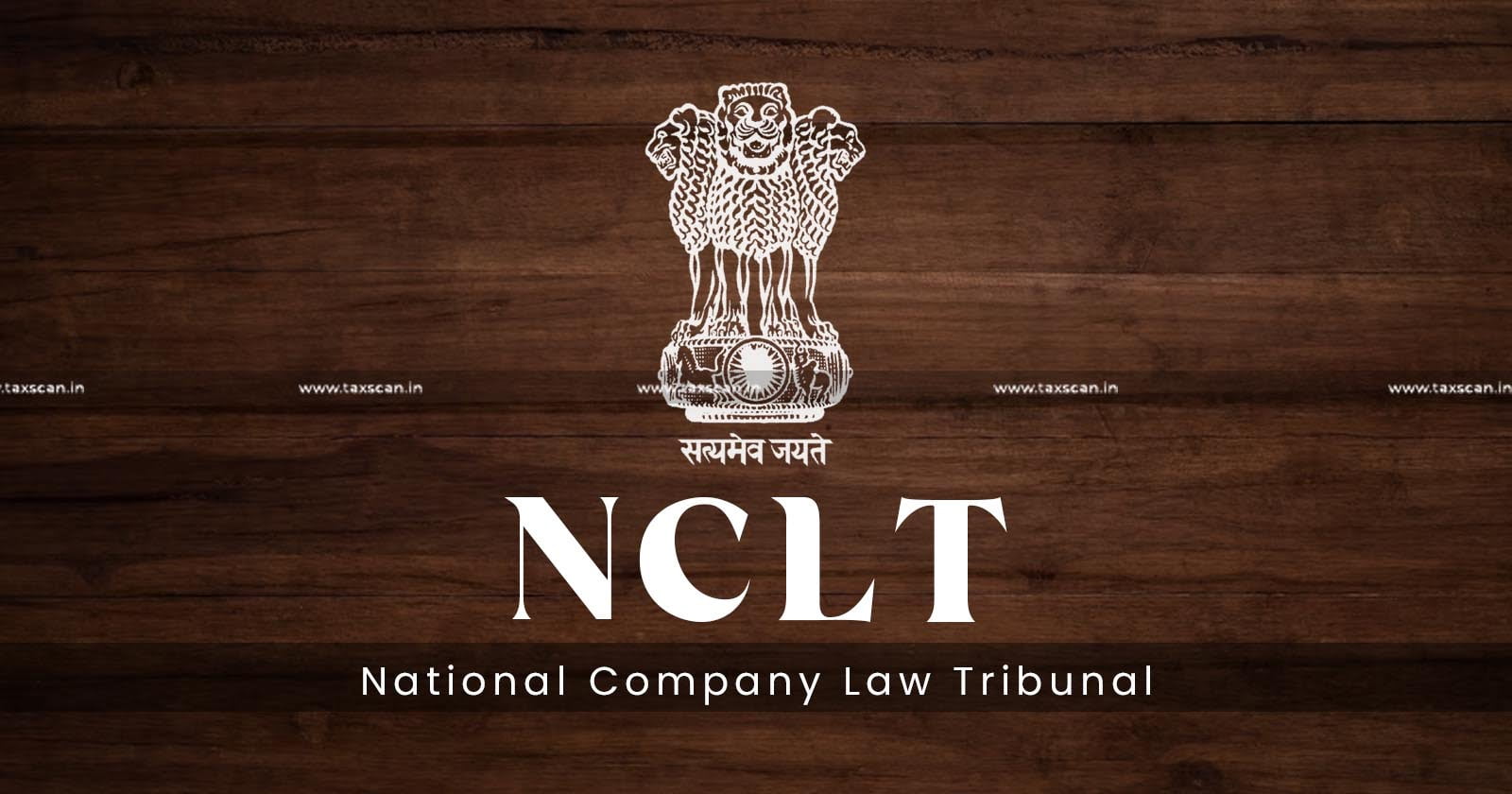Establishment of Financial Debt does not precluded due to Absence of Formal Written Agreement: NCLT [Read Order]
The Tribunal reaffirmed that the presence of a financial debt is not negated by the lack of a formal loan arrangement. To prove a claim under Section 5(8) of the IBC
![Establishment of Financial Debt does not precluded due to Absence of Formal Written Agreement: NCLT [Read Order] Establishment of Financial Debt does not precluded due to Absence of Formal Written Agreement: NCLT [Read Order]](https://images.taxscan.in/h-upload/2025/06/04/2041174-financial-debt-nclt-taxscan.webp)
The National Company Law Tribunal (NCLT) held that the presence of a financial debt is not negated by the lack of a written loan arrangement.
On March 22, 2016, the Corporate Debtor received an unsecured loan of ₹1.5 crores from the Financial Creditor. The sum was paid back upon demand and was advanced without any security. Balance confirmation statements, which were included with the petition to prove the admission of liability, were used by the corporate debtor to admit the obligation.
sdgghfh
From May 18, 2016, to March 31, 2019, the corporate debtor paid interest on the loan at a rate of 15% annually. TDS was also deducted from these payments. This was supported by entries in the Financial Creditor's Form 26AS and showed up in its ledger accounts. Furthermore, the loan was listed under the heading "Long-Term Borrowings" in the Corporate Debtor's audited financial accounts for the 2017–18 fiscal year.
However, after March 31, 2019, no payments were provided. The Director of Corporate Debtor's wrote a letter in April 2021, specifically admitting the ₹1.5 crore principal and interest that was still owed and promising repayment by 30.09.2021.
The Corporate Debtor never contested the debt or offered any kind of restructuring or settlement plan, according to the Financial Creditor. Since the purported date of default on October 1, 2021, no partial payments have been paid. According to Article 137 of the Limitation Act of 1963, the petition falls inside the three-year statute of limitations because it was filed on September 21, 2023.
The corporate debtor argued that the terms of the interest or distribution were not spelled out in a written contract or formal loan arrangement. Because there was no explicit consideration for the time worth of money, the payout did not qualify as a "financial debt" under Section 5(8) of the Code.
 Also Read:CIRP Cannot be Shield to Corporate Applicant to avoid Legally Recoverable Government Obligations: NCLT [Read Order]
Also Read:CIRP Cannot be Shield to Corporate Applicant to avoid Legally Recoverable Government Obligations: NCLT [Read Order]
The Financial Creditor responded by citing Regulation 8(2)(a) of the IBBI (CIRP) Regulations, 2016, which allows for the use of a variety of documentary evidence, such as bank documents, tax records, and financial statements, to demonstrate financial debt.
It was argued that consideration for the time value of money was evident in interest payments and TDS deductions. Additionally, the director of the corporate debtor's letter dated April 2021 extended the statute of limitations in accordance with Section 18 of the Limitation Act, 1963, and represented an unmistakable acknowledgment of culpability.
The Bench of Shri Mahendra Khandelwal (Judicial Member) and Shri Atul Chaturvedi (Technical Member) noted that, although there was no formal written loan agreement the disbursement of ₹1.5 crores by the Financial Creditor was not in dispute. The Corporate Debtor had consistently paid interest at the agreed rate of 15% per annum until 31.03.2019 and deducted TDS, which is corroborated by entries in Form 26AS and the petitioner's ledger account.
The Tribunal reaffirmed that the presence of a financial debt is not negated by the lack of a formal loan arrangement. To prove a claim under Section 5(8) of the IBC, supporting documentation such as tax filings (Form 26AS), TDS deductions, ledger entries, financial statements, and written acknowledgments are adequate.
The Tribunal concluded that the information in the file amply demonstrated the existence of financial debt and the Corporate Debtor's default on it. It came to the conclusion that every requirement outlined in Section 5(8) of the IBC had been met. As a result, the petition was approved, and CIRP was started against the corporate debtor for ₹2,70,33,417 in default.
Support our journalism by subscribing to Taxscan premium. Follow us on Telegram for quick updates


